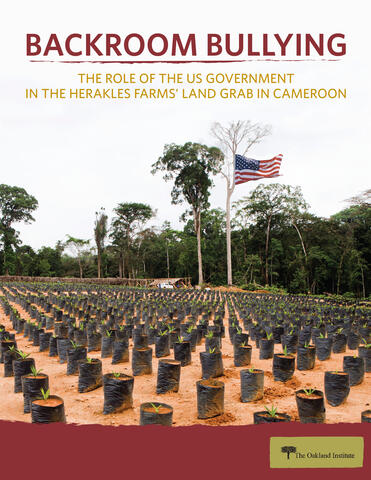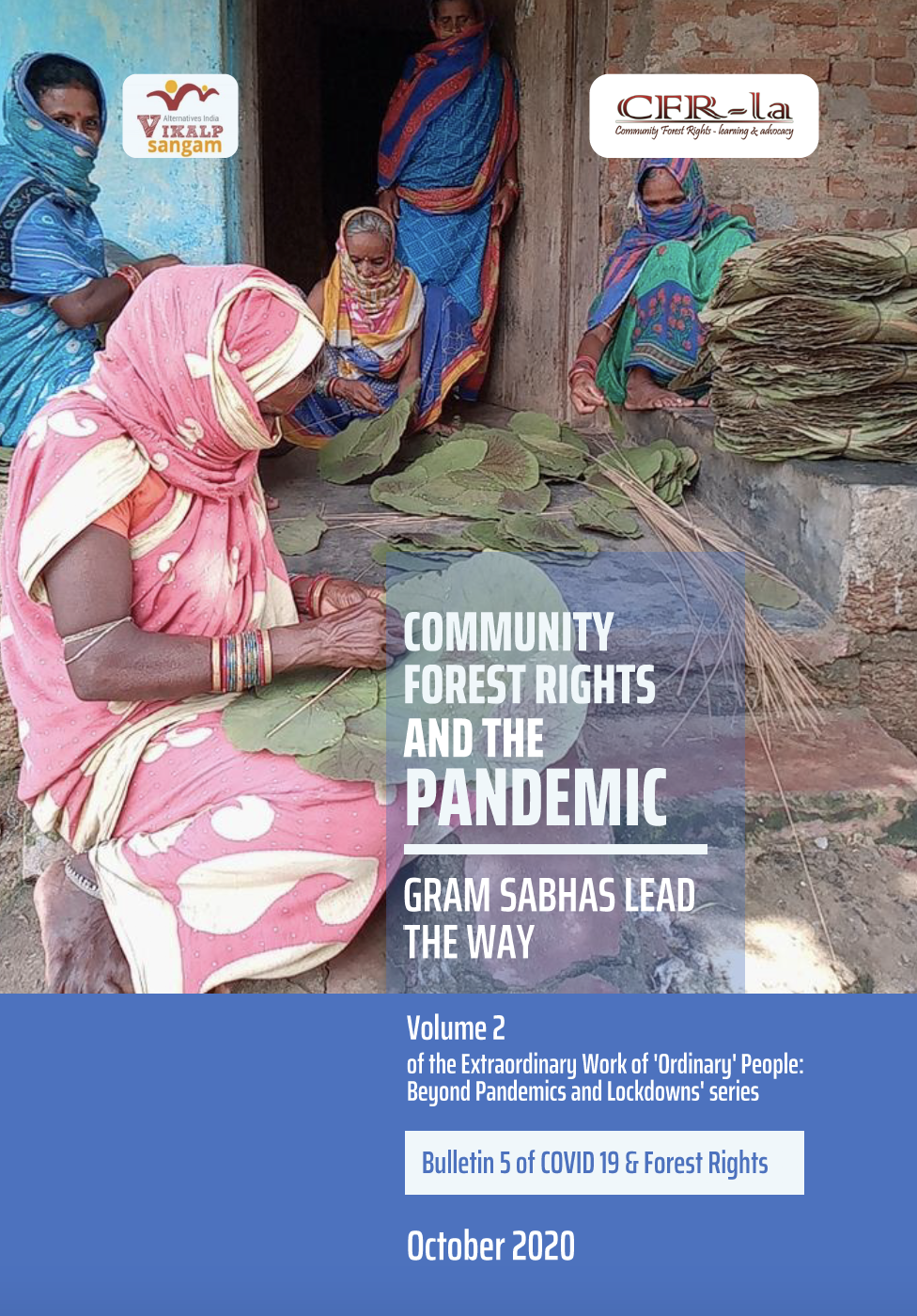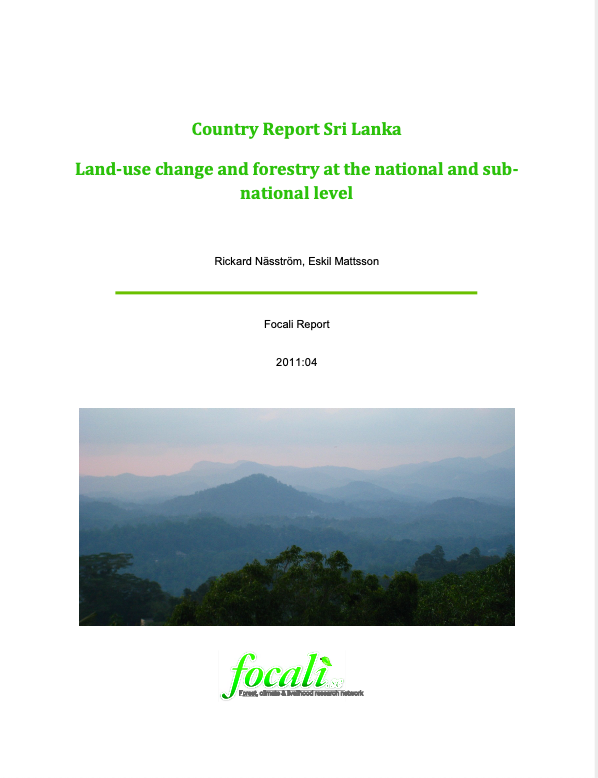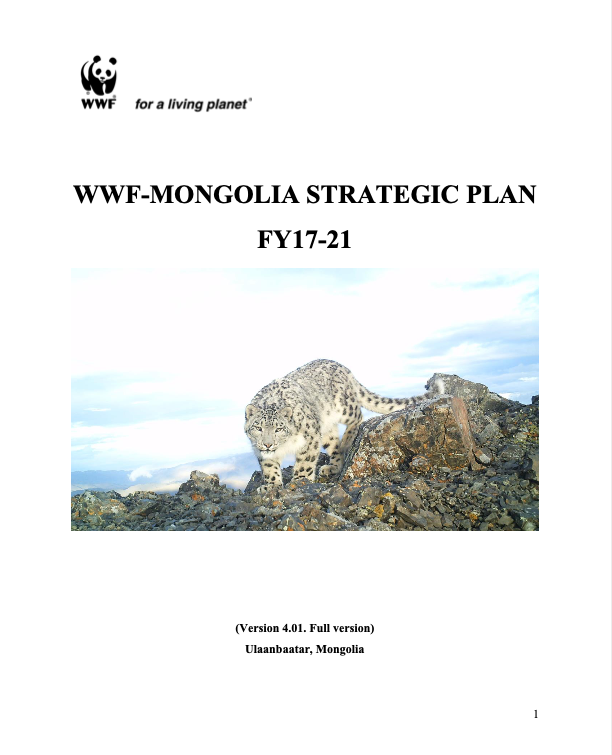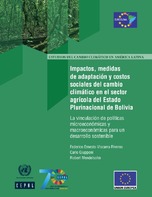Backroom Bullying: The Role of the United States Government in the Herakles Farms’ Land Grab in Cameroon
Backroom Bullying: The Role of the United States Government in the Herakles Farms’ Land Grab in Cameroon, shows how bullying by US government officials may have played a critical role in the granting of nearly 20,000 ha by the Cameroonian government to the US-based firm Herakles Farms in 2013, instead of the cancellation of clearly flawed project.

